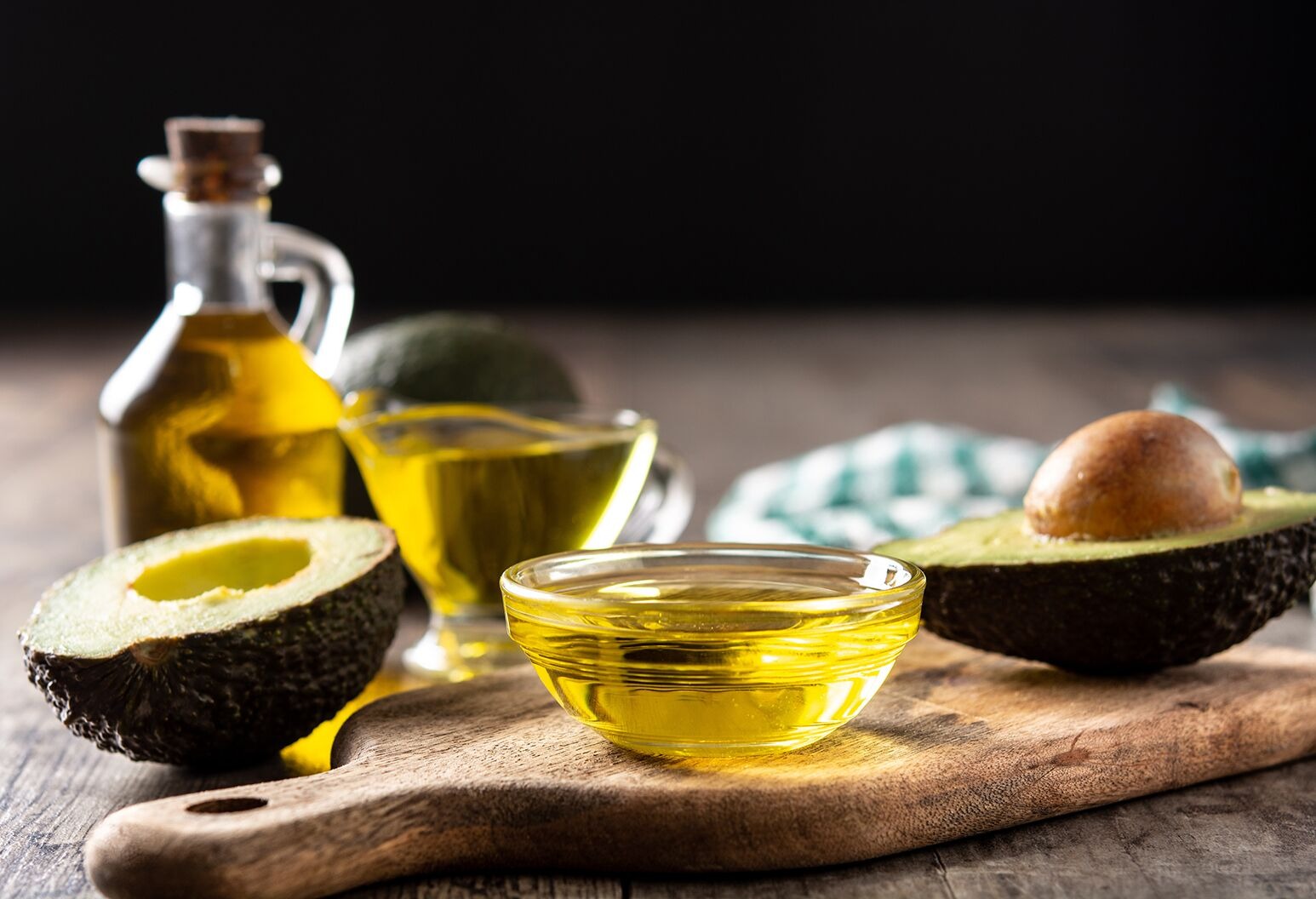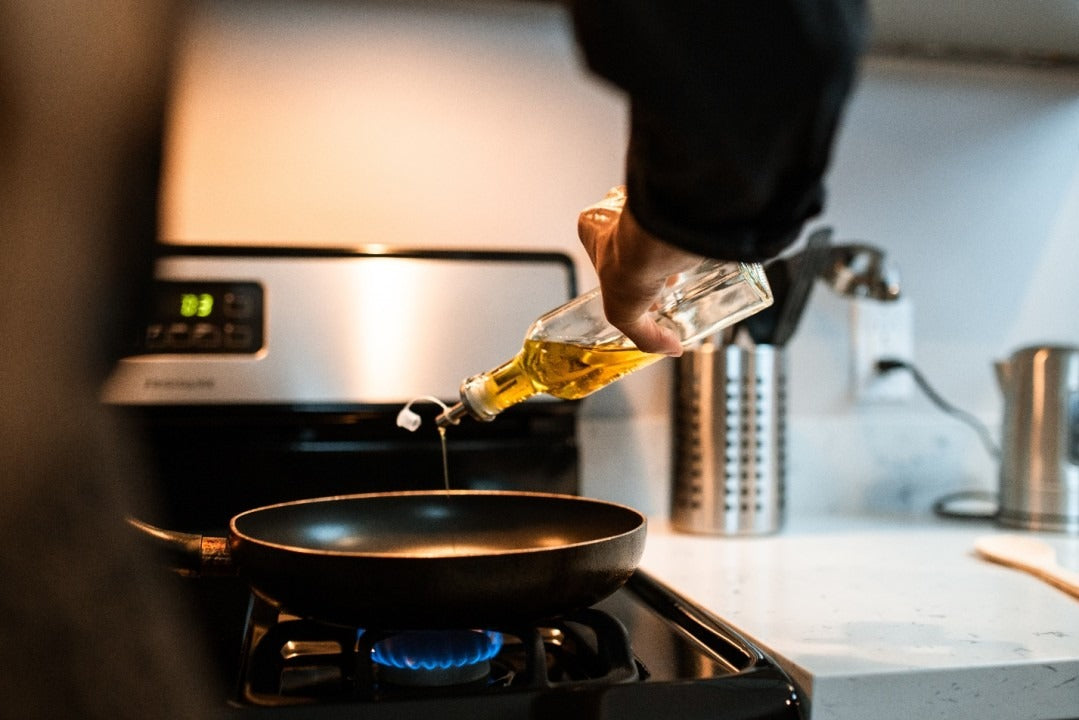Whether you're a professional chef or a home cook, understanding the properties of cooking oils can make or break your culinary endeavors. One vital aspect that often goes unnoticed is the smoke point of the oil you are using. Specifically, what is the smoke point of canola oil and why should you care? Let's dive into this crucial topic to elevate your cooking game.

Understanding the Smoke Point
What is a Smoke Point?
The smoke point of an oil is the temperature at which it begins to smoke and break down. When this happens, it not only imparts a burnt flavor to your food but also releases harmful toxins and free radicals into the air and the food. Therefore, knowing the smoke point is essential for cooking safely and effectively.
Why is the Smoke Point Important?
Different cooking methods require different types of oil. For example, frying and searing need oils with high smoke points, while low-temperature cooking methods like sauting can use oils with lower smoke points. Using the wrong oil not only affects the flavor but can also be hazardous to your health.

What is the Smoke Point of Canola Oil?
Refined vs. Unrefined Canola Oil
Canola oil is widely used in both professional kitchens and home cooking due to its neutral flavor and versatility. Generally, the smoke point of refined canola oil is about 400 degrees Fahrenheit (204 degrees Celsius). On the other hand, unrefined canola oil has a lower smoke point of around 225 degrees Fahrenheit (107 degrees Celsius).
Factors Affecting the Smoke Point
The smoke point can vary based on the quality and type of canola oil you are using. Refined oils tend to have higher smoke points because the refining process removes impurities that cause the oil to break down at lower temperatures. Always check the label for any specific information that might affect the smoke point.

Applications of Canola Oil in Cooking
High-Temperature Cooking
Given its high smoke point, refined canola oil is excellent for high-heat cooking methods such as frying, roasting, and grilling. Its neutral flavor allows it to serve as a versatile base that doesnt clash with other ingredients.
Low-Temperature Cooking
Unrefined canola oil, with its lower smoke point, is suitable for low-temperature cooking methods such as sauting and as a base for salad dressings. It retains more of its natural flavors and nutrients, making it a healthier choice for these applications.

Health Benefits of Canola Oil
Nutrition Profile
Canola oil is often touted for its health benefits. It is low in saturated fats and high in monounsaturated fats, which are good for heart health. Additionally, it contains omega-3 and omega-6 fatty acids, both essential for a balanced diet.
Antioxidants and Phytochemicals
Refined canola oil has fewer antioxidants compared to unrefined versions. Antioxidants help in combating free radicals in the body, so if you're looking for these benefits, opt for unrefined canola oil for low-heat applications.
Tips for Using Canola Oil Effectively
Proper Storage
Store canola oil in a cool, dark place to extend its shelf life. Exposure to light and heat can cause the oil to degrade, lowering its smoke point. Learn more on how to clean a kitchen to maintain optimal conditions for your oils.
Combining with Other Oils
If you need a higher smoke point than canola oil can provide, consider mixing it with oils that have higher smoke points such as avocado or peanut oil. This can offer a balance of flavor and performance.
FAQs
1. Can I reuse canola oil for frying?
Yes, you can reuse canola oil for frying, but be aware that its smoke point may decrease upon repeated use. Always strain the oil to remove food particles before storing it for future use.
2. How do I know if my oil has reached its smoke point?
Seeing smoke is the most obvious sign that your oil has reached its smoke point. It will also produce a burnt smell. If this happens, it's best to discard the oil and start again.
3. Is canola oil healthy for everyday cooking?
Yes, canola oil is a healthy option for everyday cooking due to its balanced fat composition and nutritional benefits. However, as with any oil, it should be used in moderation.
For more information on the health benefits of cooking oils, you can visit Healthline.
As an Amazon Associate, I earn from qualifying purchases.






Leave a comment
This site is protected by hCaptcha and the hCaptcha Privacy Policy and Terms of Service apply.